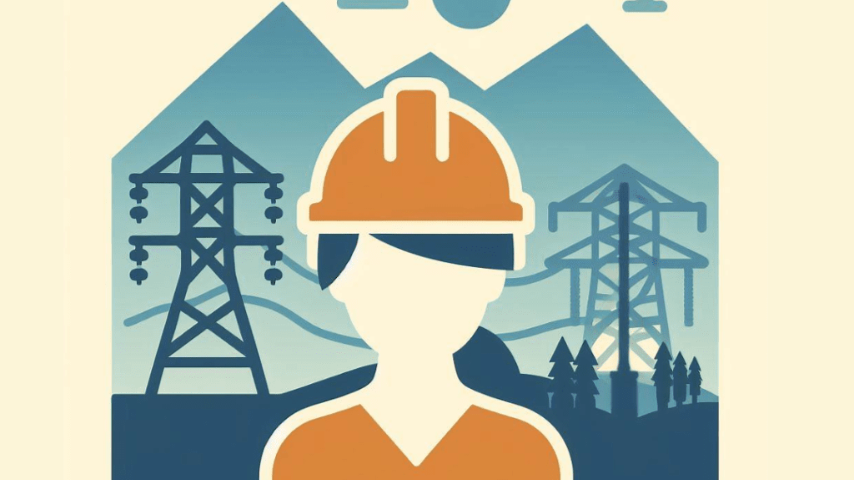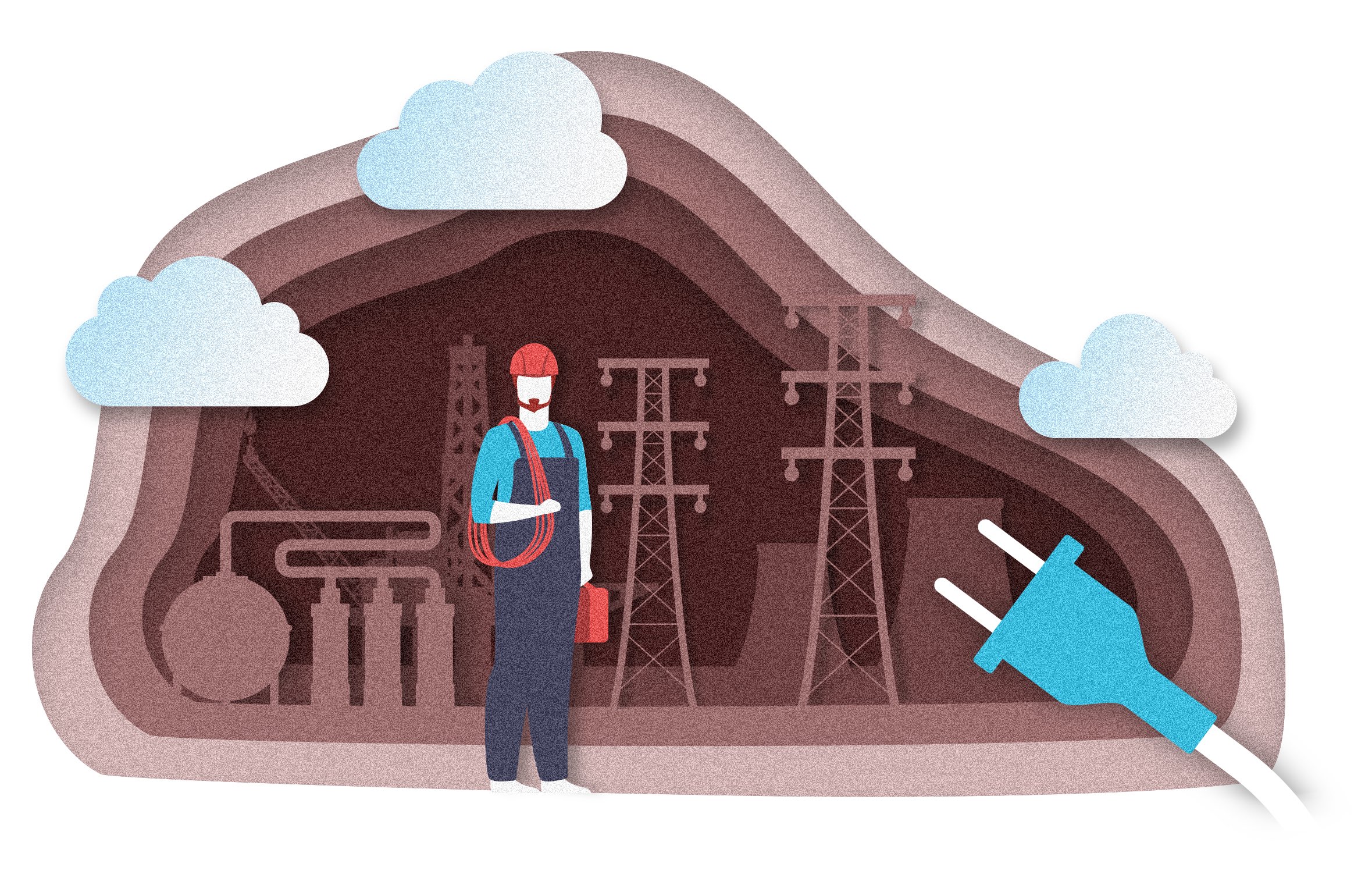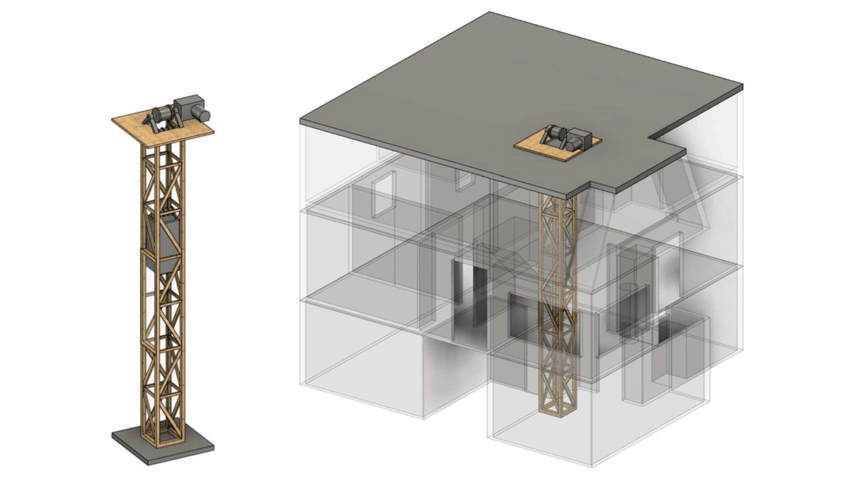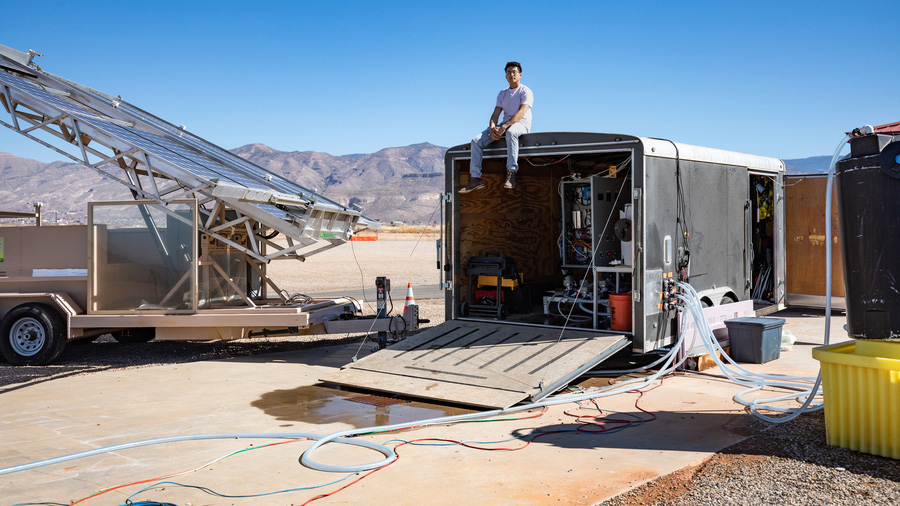Empowering the Next Gen of Women in Power
Empowering the Next Gen of Women in Power
.png?width=854&height=480&ext=.png)
.png?width=854&height=480&ext=.png)
A program is helping women develop technical expertise and leadership skills for new equitable energy solutions.
The transition to a clean energy future depends not only on innovative technology but also diverse perspectives. The Women in Power System Transformation (PST) Program, a joint initiative of the Global Power System Transformation Consortium and the U.S. Agency for International Development (USAID) and National Renewable Energy Laboratory (NREL) Partnership, is building a future where women have equal opportunity to lead the charge in addressing global energy challenges.
The Women in PST program employs a holistic programming model designed to create diverse and accessible entry and retention points for women in the power sector, strengthening the talent pipeline. Its four pillars are technical training, leadership development, mentorship and networking, and structural change. The program provides access to technical training through internships, fellowships, and teaching materials, complemented by leadership training, mentorship, and networking to support career growth. Partnering with USAID Engendering Industries, the program also helps organizations develop gender action plans and implement policies for gender equality.
By offering these integrated opportunities, Women in PST ensures that participants not only gain the necessary technical skills but also the leadership, mentorship, and institutional support to advance in their careers. This approach helps reduce occupational segregation in the power sector and ensures women benefit equally from the economic opportunities associated with clean energy transitions.
A key component of this initiative is the internship program, which connects women to cutting-edge projects at NREL and the Electric Power Research Institute. This year's interns from Nepal, Lao, Senegal, and Zambia have tackled critical challenges in power system resilience, renewable energy integration, and grid modernization.
Inverter-Based Power Systems
Jennifer Bui developed new simulation models using NREL’s Sienna software to study inverter-based resources in large-scale networks. Her work focused on optimizing grid simulations and testing control techniques that ensure future grids remain stable and efficient under high levels of renewable energy penetration. By enhancing the understanding of inverter-dominated grids, Bui's project contributes to the resilience and reliability of future energy systems.
Energy Markets in Southern Africa
Mbiko Banda’s project centered on improving competitive electricity markets within the Southern African Power Pool. She analyzed market barriers and proposed strategies to attract private sector investment in renewable energy. Her work directly supports the region’s goals for sustainable energy development and improving electricity access for millions of people.
Battery Energy Storage
Ndeye Khady Diop Dieng worked on deploying battery energy storage systems in Barbados to stabilize the grid and enable greater integration of solar energy. Her project is critical to supporting the country’s goal of 100 percent renewable energy by 2030 and is strengthening the island's overall power system resilience.
Grid Integration Challenges
Nimmi Regmi focused on load flow and voltage stability analysis to improve grid reliability during renewable energy integration. Using Python and ETAP software, she developed models to optimize power system operations. Her contributions highlight the importance of advanced tools in stabilizing grids as more renewable energy comes online.
Electric Vehicle Infrastructure and Gender Equity
Souphavady Phothisath contributed to Laos's ambitious goal of having electric vehicles (EVs) account for 30 percent of on-road vehicles by 2030. She developed a tutorial for the OpenPATH platform to support the deployment of EV charging infrastructure. In addition, Phothisath worked on gender mainstreaming initiatives to ensure that clean transportation developments also address gender disparities in the energy sector.
By enabling women to contribute their unique skills to power sector challenges, Women in PST is building a stronger, more inclusive workforce for the energy sector and is equipping the next generation of leaders to tackle the world’s most pressing energy issues. With support from USAID, NREL, and other global partners, Women in PST is opening doors for women in more than 75 countries to shape a more sustainable and equitable energy future.
Erin Johnson is program lead for the Women in PST Initiative at NREL. For information about ASME Foundation programs in equitable workforce development, visit asmefoundation.org.



